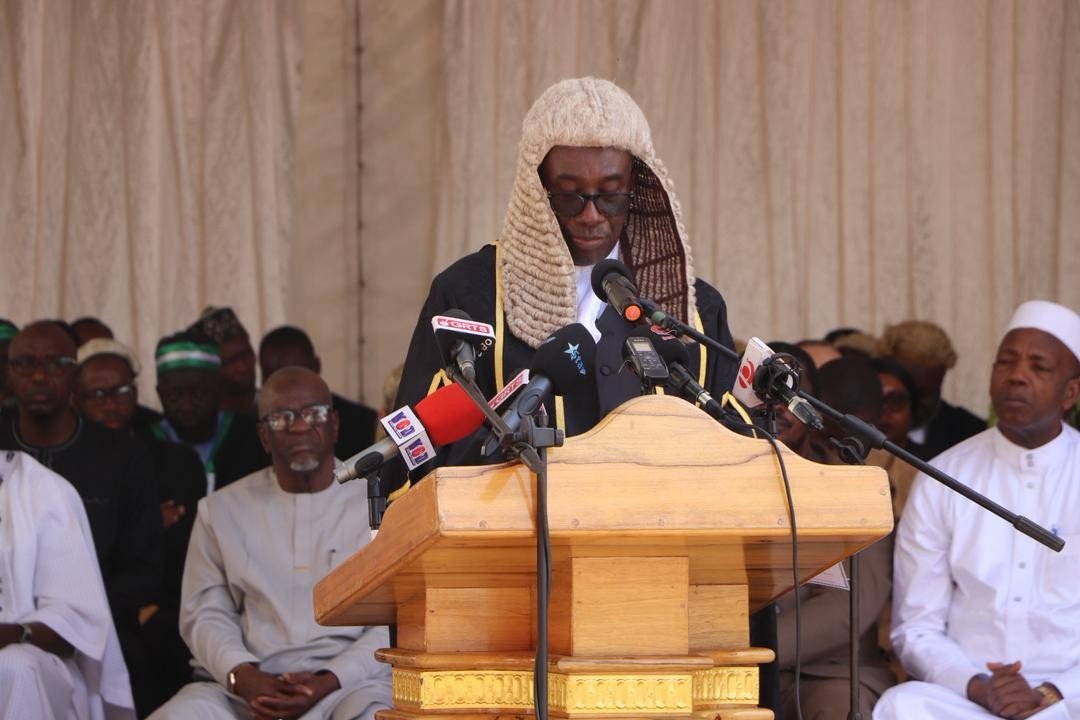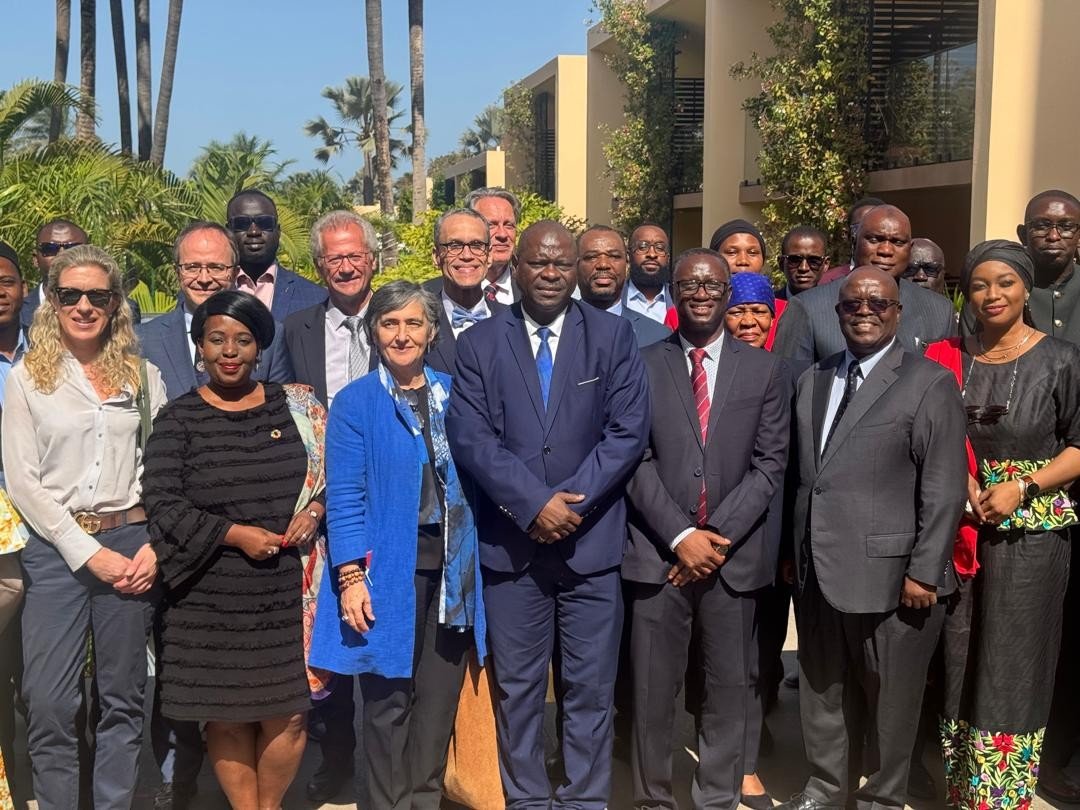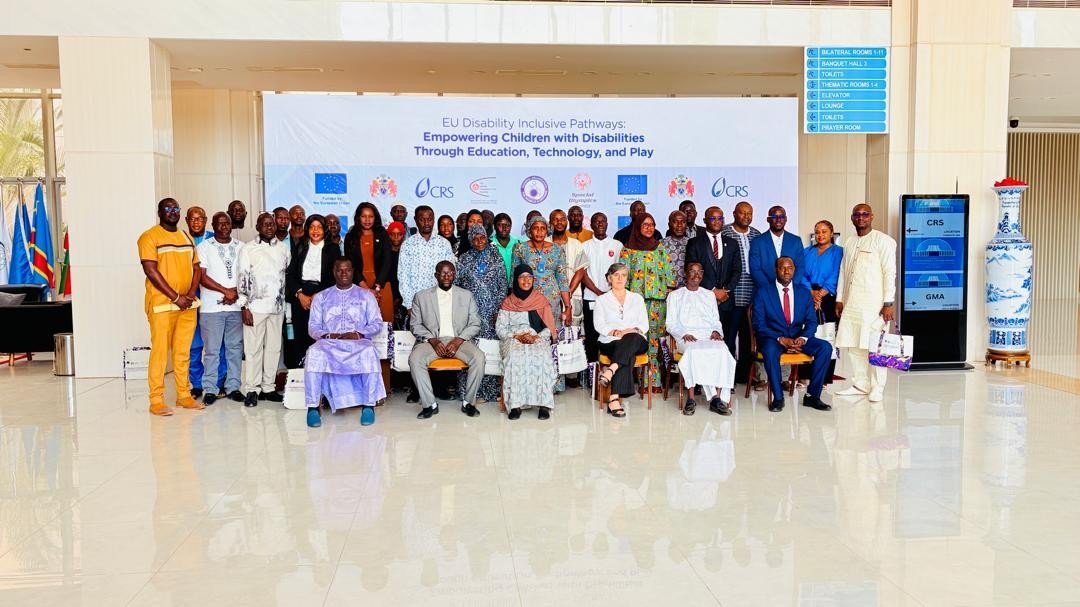The Economic Community of West African States (ECOWAS) has launched its tourism capacity-building program in The Gambia, aimed at strengthening tourism as a driver of economic growth and regional integration.
The initiative, which brings together tourism stakeholders from all 12 ECOWAS Member States, focuses on improving tourism standards, attracting investment, and fostering cross-border cooperation. It was approved by ECOWAS Commission President Dr. Omar Alieu Touray and is being implemented under the leadership of Commissioner for Economic Affairs and Agriculture, Mrs. Massandje Touré-Litsé.
Speaking at the opening ceremony on behalf of Dr Touray, ECOWAS Director of Private Sector Dr Tony Elumelu highlighted the importance of a coordinated regional strategy for tourism development.
“Tourism is central to our integration agenda. This program is designed not just to share knowledge but to ensure the implementation of policies that will increase investment, create jobs, and enhance the sector’s contribution to the economy,” he stated.
Dr Elumelu also emphasized the ECOTOR 1929 policy, a framework designed to increase visitor numbers, facilitate mobility, and set common service standards across West Africa.
“A five-star hotel in Togo, Nigeria, or The Gambia should meet the same standards. Standardization builds trust and attracts investment,” he noted.
Tourism consultant Sheikh Tijang Nyang stressed the importance of ensuring that all ECOWAS Member States align with the regional tourism strategy.
“For tourism to thrive, stakeholders must fully understand and apply ECOWAS’ tourism policies effectively. This program is a crucial step toward that goal,” he said.
Throughout the program, participants will engage in technical sessions, policy discussions, and hands-on workshops covering hotel classification, regulatory frameworks, best practices in tourism management, and strategies for increasing youth and women’s employment in the sector. The training aims to ensure that the benefits of tourism development are widely shared, reinforcing ECOWAS’ commitment to inclusive economic growth.
The program will conclude with an assessment and strategy session, where participants will define key takeaways and discuss mechanisms for monitoring tourism policy implementation.
As the initiative progresses, ECOWAS will continue working with stakeholders to ensure that insights gained translate into measurable outcomes. By the end of the program, participants are expected to have a clear roadmap for advancing tourism development in line with ECOWAS Vision 2050.
This initiative underscores ECOWAS’ dedication to economic integration through tourism, positioning the sector as a key pillar for sustainable growth, job creation, and regional cooperation.






